Current
An interactive AR-Sound-Experience
diving into the oceanic currents
in collaboration with She’s Excited! & /p
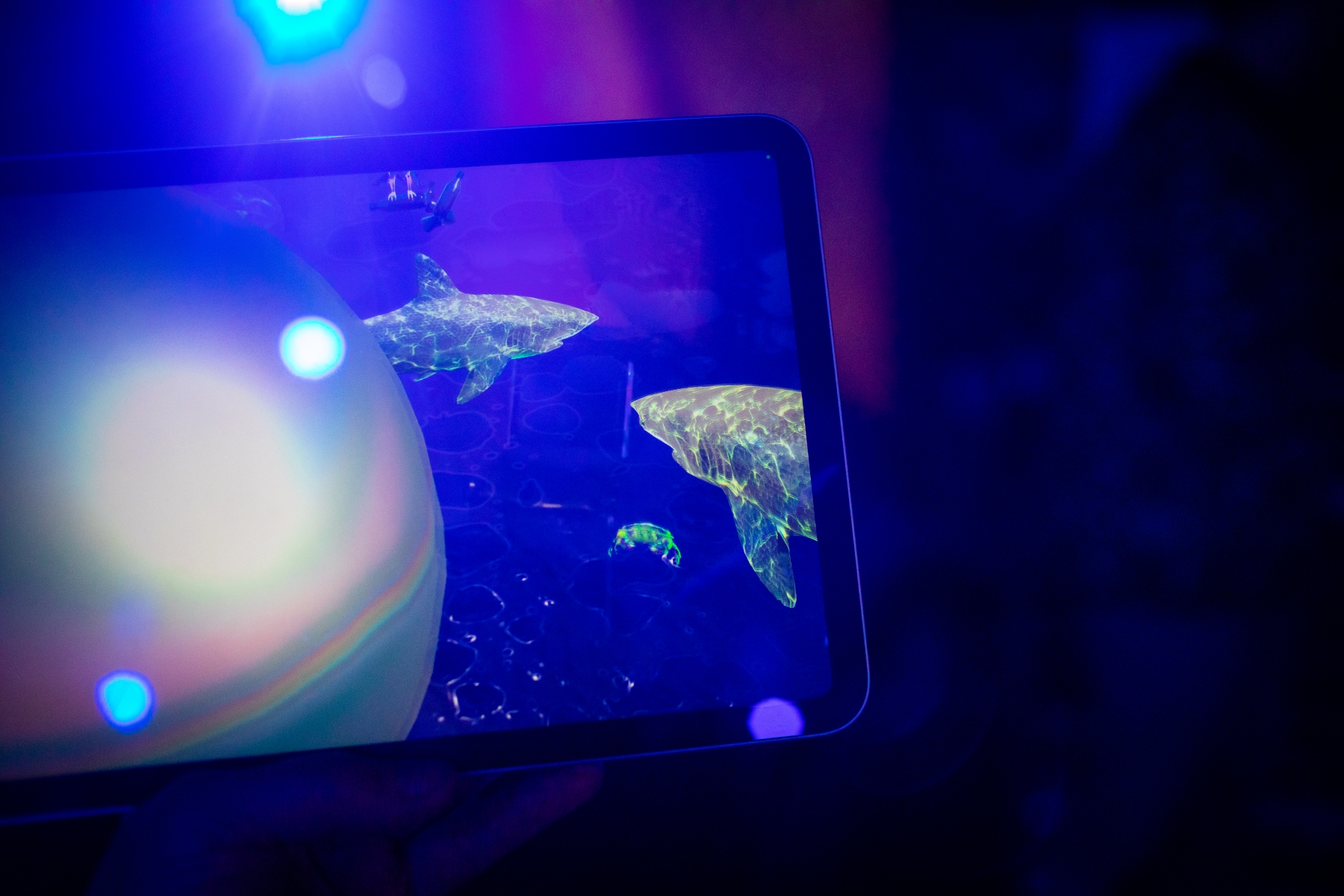
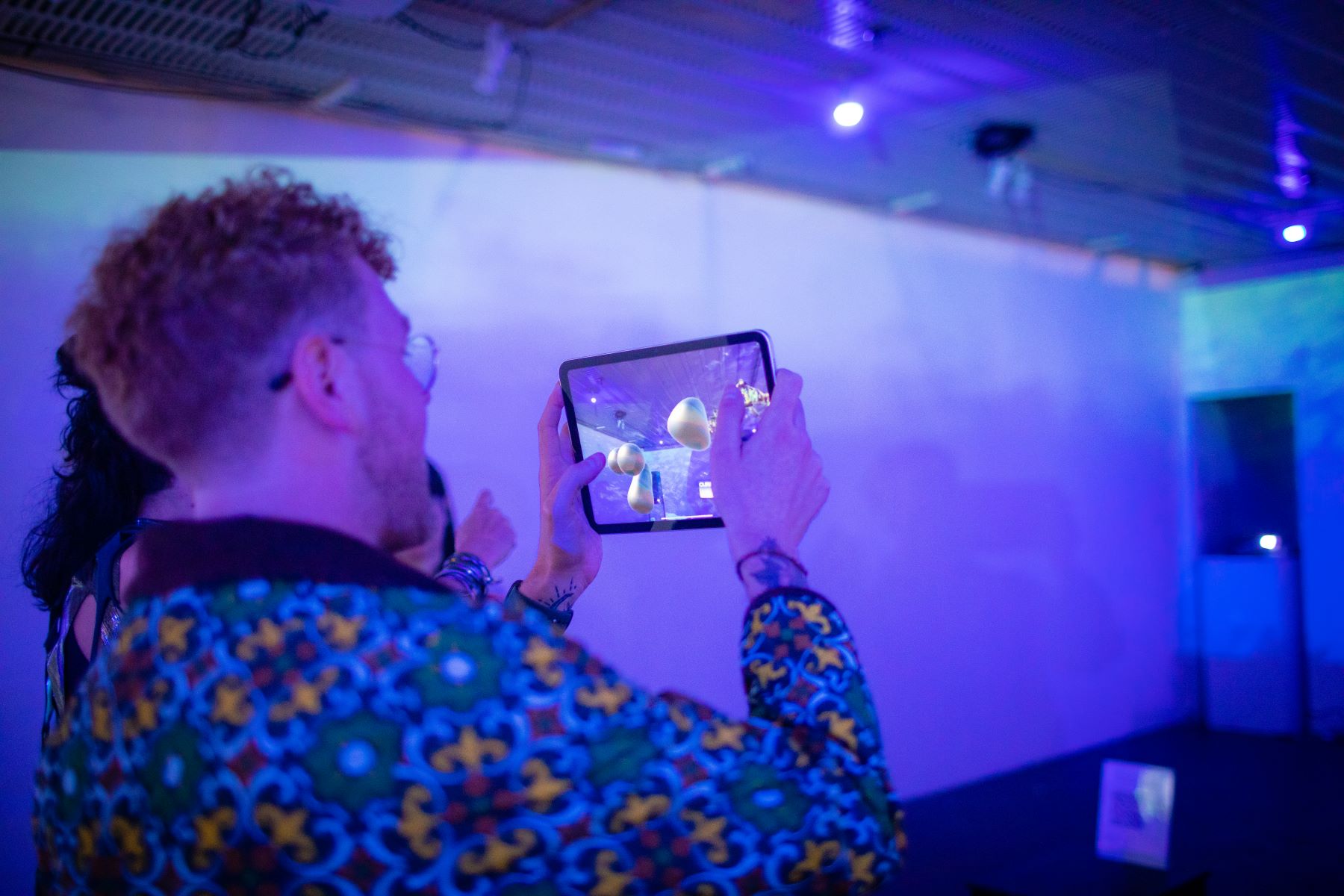



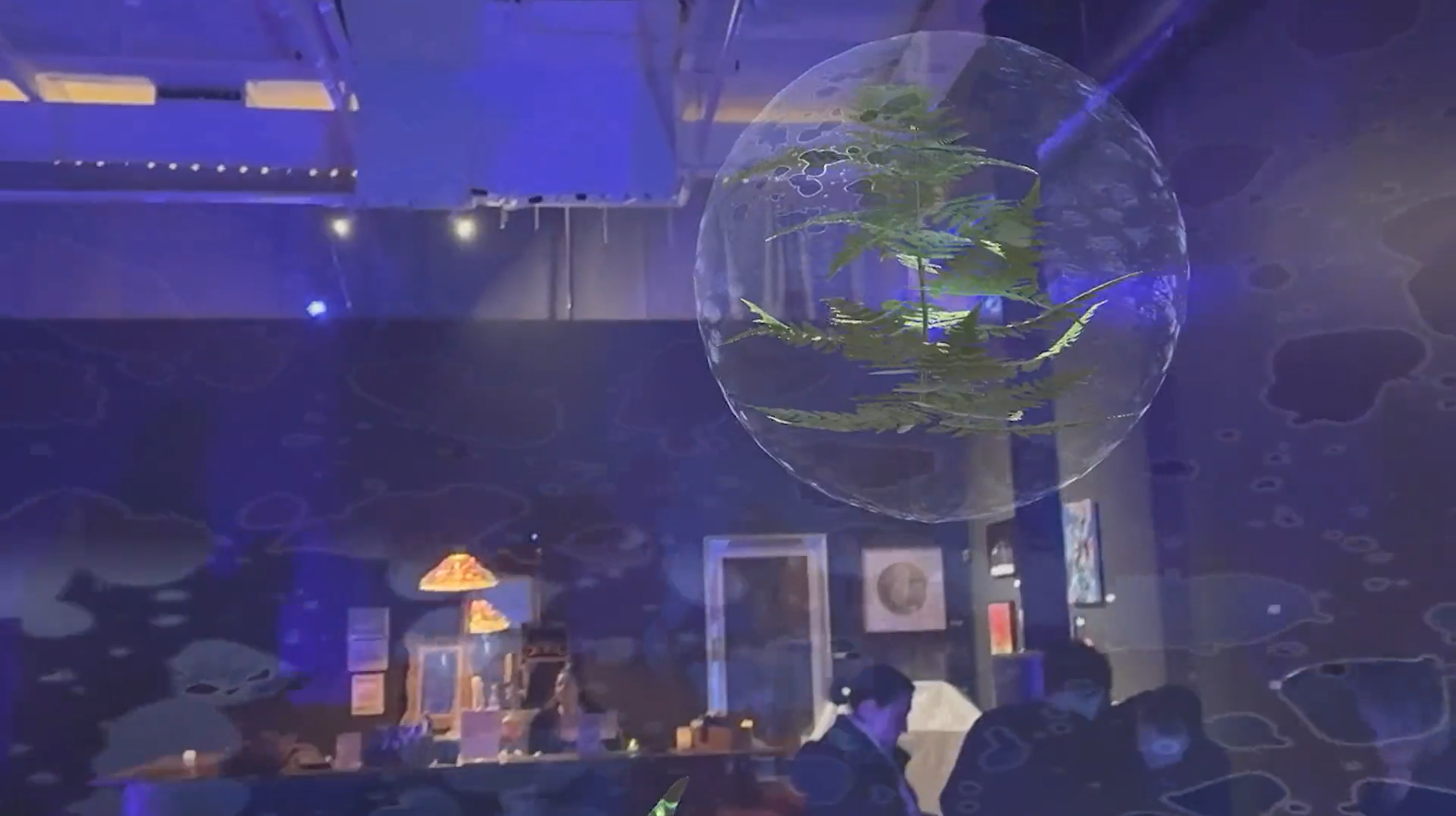


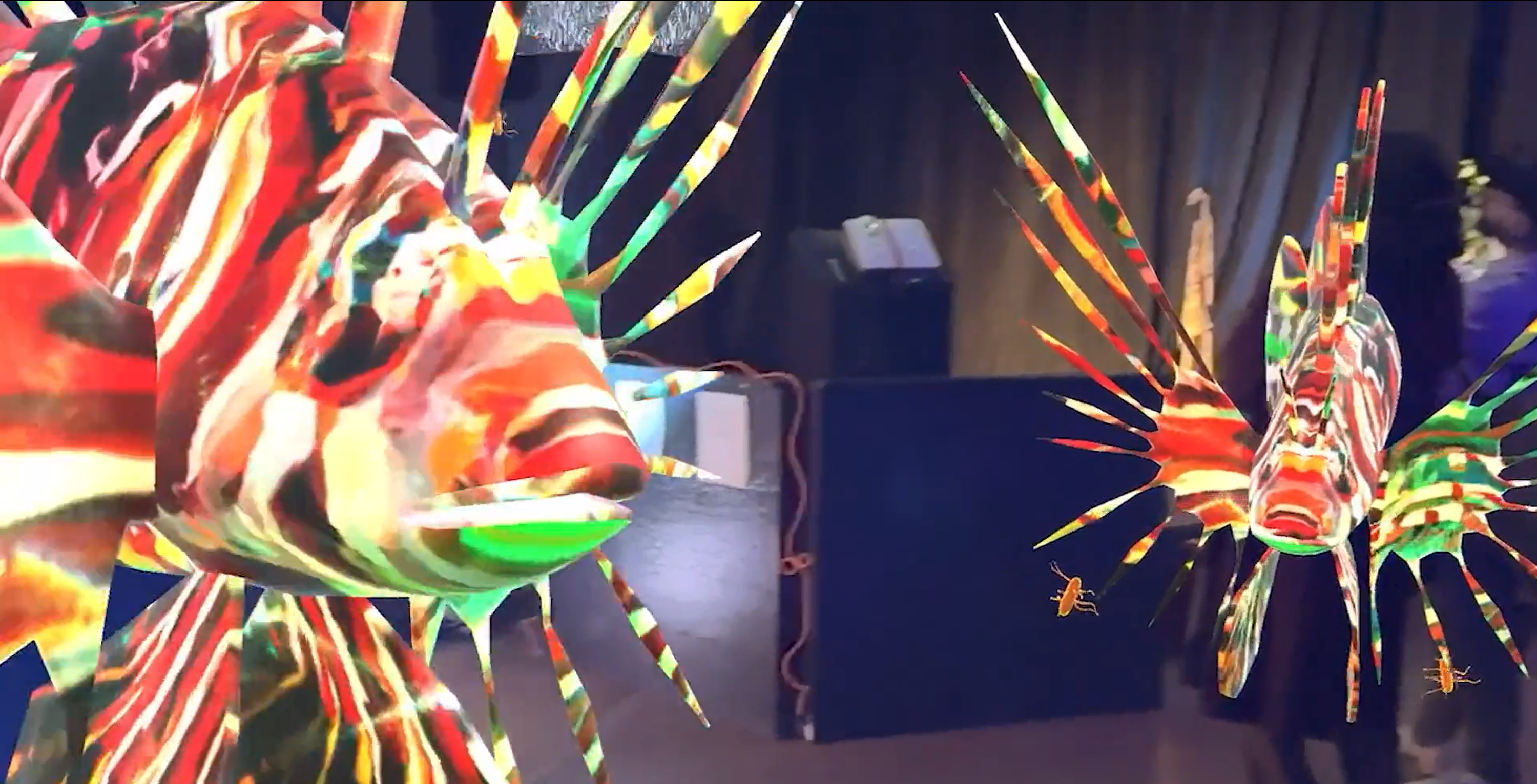
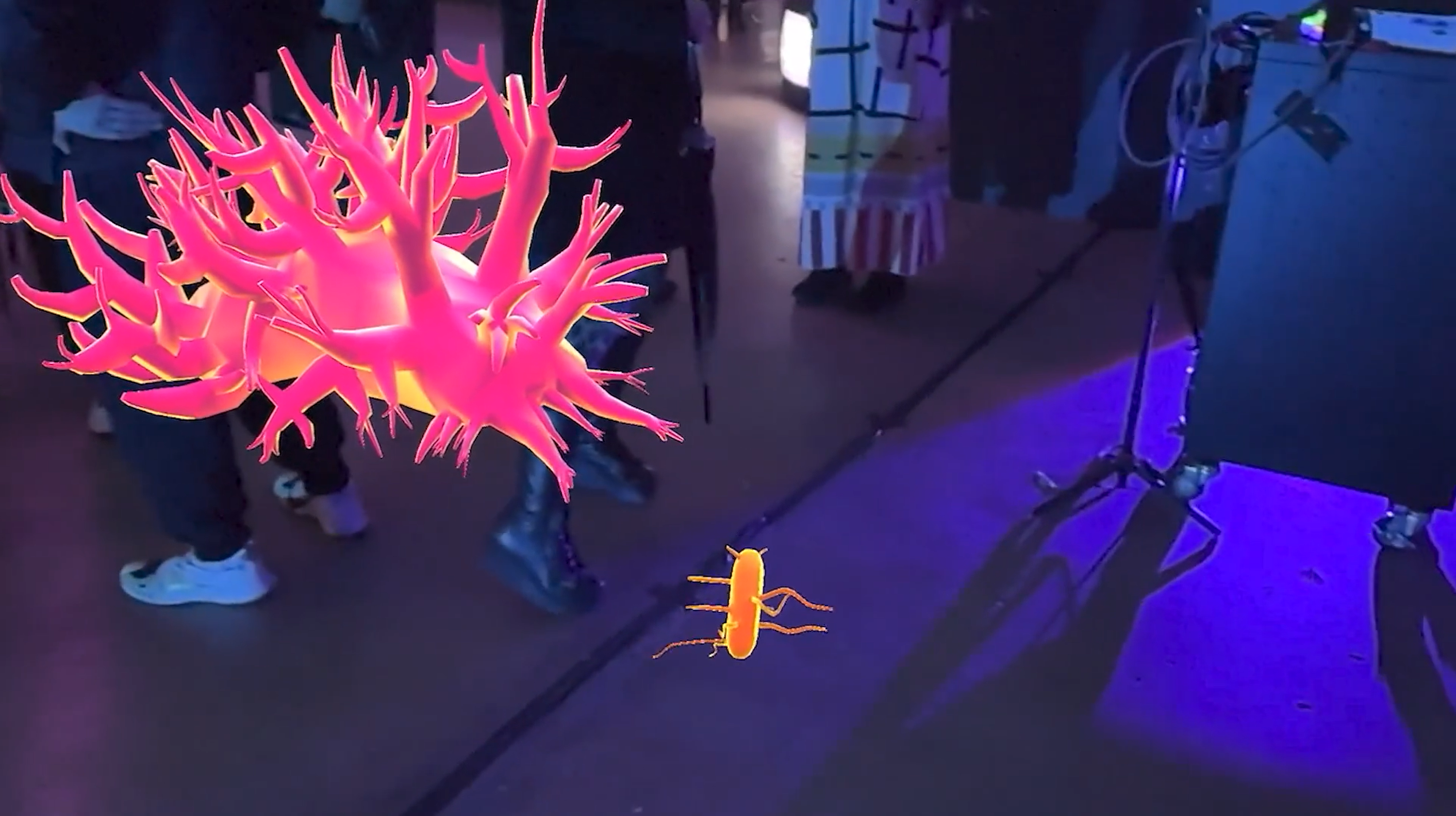
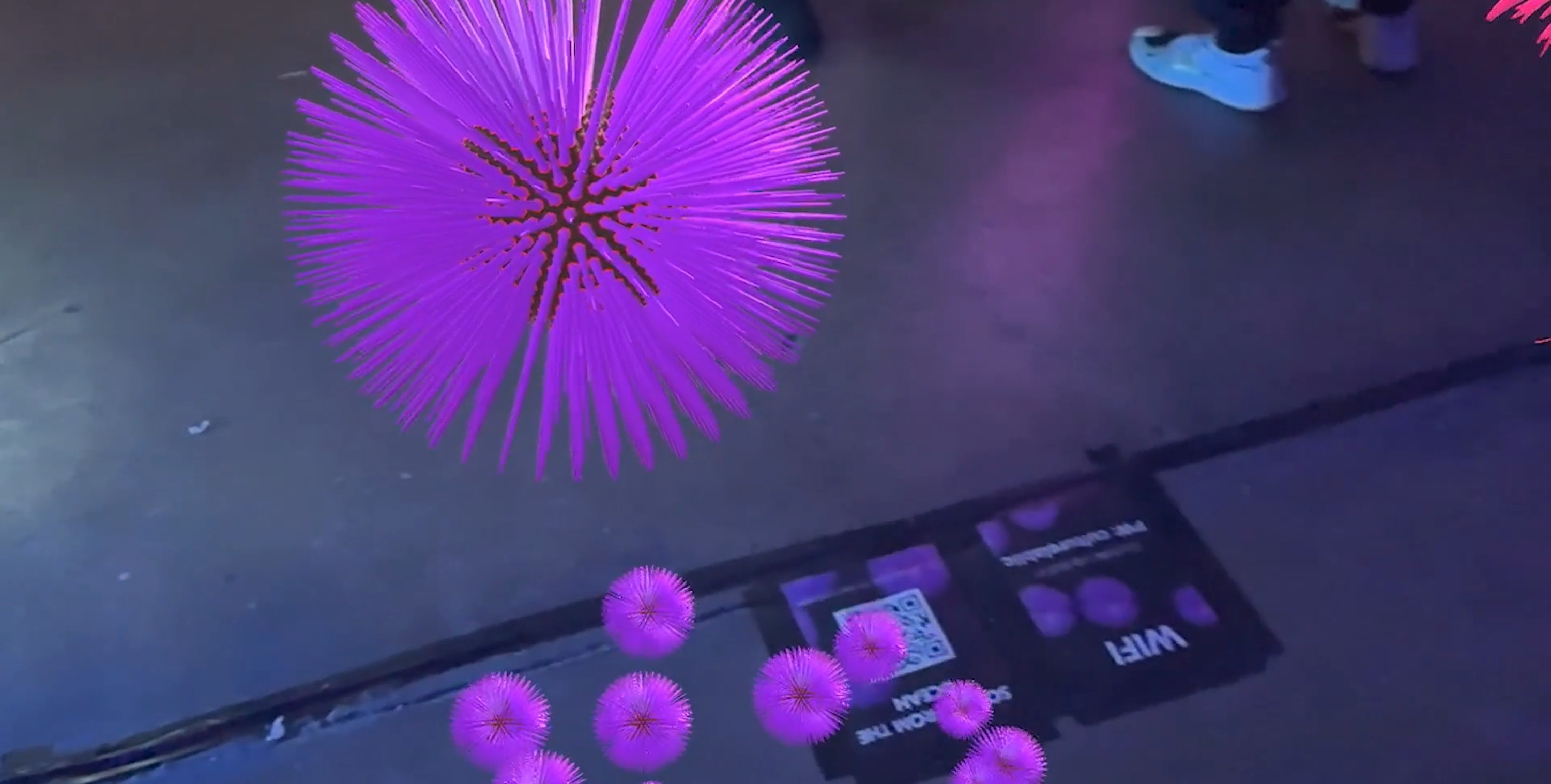
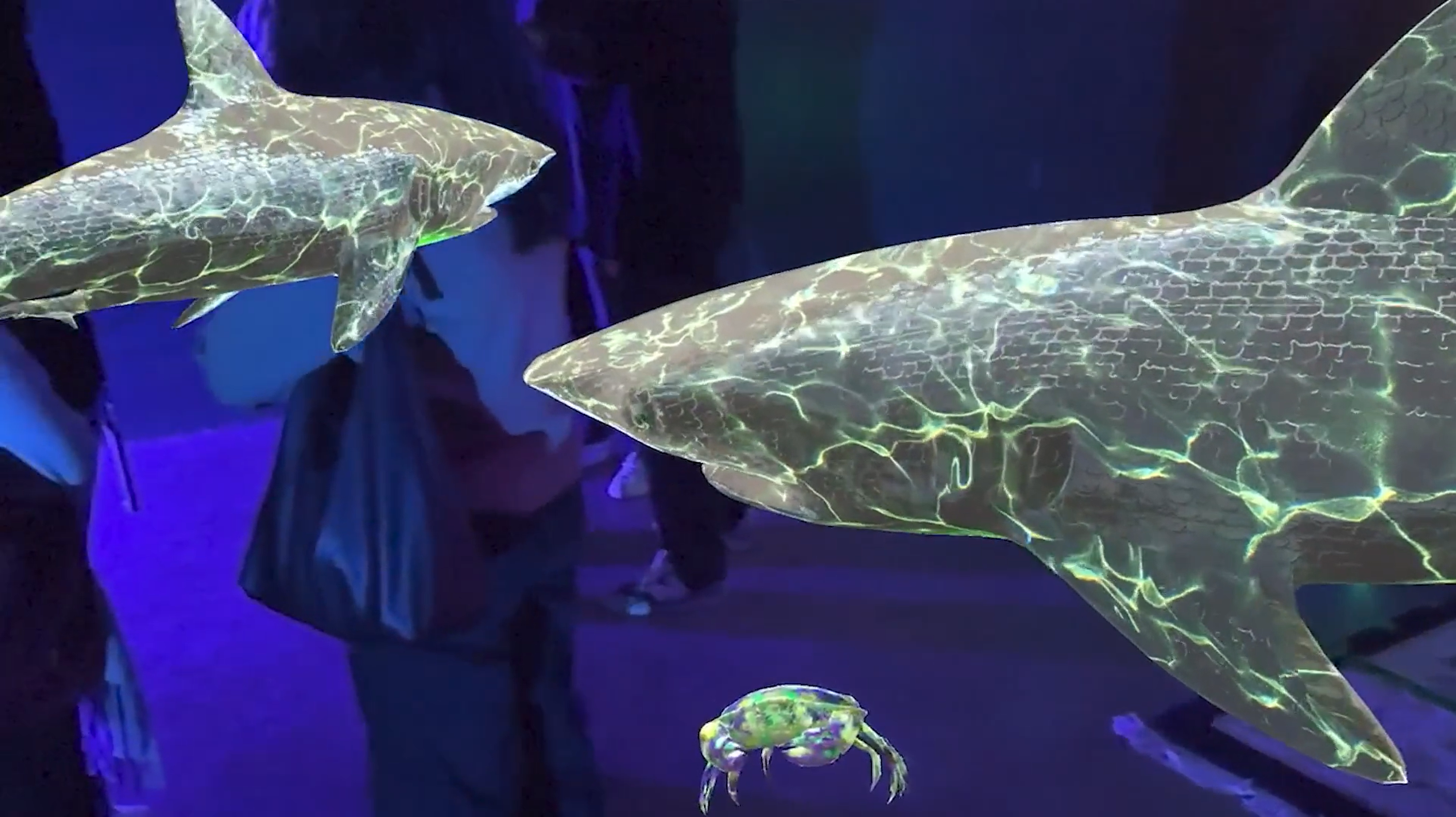

By merging the worlds of Augmented Reality, sound art, environmental and human interconnectedness, and audience engagement, this immersive experience explores the impact of oceanic currents on our planet's climate in a playful way.
Through a unique combination of interactive technology, storytelling and the shared creativity of the audience, CURRENT aims to captivate and spark conversations while fostering a deeper connection between interdisciplinary art, nature, and human emotion.
FLORA & FAUNA
Currents play a pivotal role in shaping marine ecosystems and sustaining the delicate
balance of life in the ocean. Beyond their influence on climate, currents act as vital conduits for the distribution of warmth, nutrients, and marine organisms, facilitating the flourishing of coastal ecosystems.
Phytoplankton and zooplankton, the foundation of oceanic food chains, rely on currents for dispersal and nutrient transport, while kelp forests serve as critical habitats and food sources for a myriad of marine species. From young herring utilizing currents to navigate to their feeding grounds, to larval eels hitching rides to coastal and freshwater habitats, marine life depends on these
dynamic flows for survival. Seagulls adeptly follow currents to access marine food sources. Even apex predators like sharks employ the strategic use of currents to conserve energy and maintain oxygen flow over their gills enabling them to rest.
STATUS QUO
The oceans face profound challenges in the wake of increased global warming and pollution caused by oil spills and plastic waste, posing threats to marine ecosystems and the well-being of countless species. The heating of the ocean contribute to the proliferation of purple sea urchins, resulting in the decimation of kelp forests and the subsequent loss of habitat for countless marine organisms. The warm water loving lionfish have become the poster child for invasive species issues in the Western North Atlantic region. Their populations continue to expand, threatening the well-being of coral reefs and other marine ecosystems. The blue crab, originally from the coast of North and South America is spreading further North and conquering the Mediterranean as a result warming waters.
CHALLENGES
The coming decades, the future of the ocean is fraught with complex and multifaceted challenges. The relentless melting of big ice fields on the polar caps not only dilutes ocean water but also contributes significantly to the rise in sea levels, posing imminent threats to coastal communities worldwide. In response to the escalating risk of flooding, survival boxes emerge as potential solutions, offering refuge and shelter to those affected. However, the proliferation of plastic in the ocean presents a daunting dilemma, as it fuels the growth of plastic-eating bacteria while simultaneously polluting marine ecosystems. Remarkably, amidst the sea of plastic, islands of debris may inadvertently provide new habitats for floating plants, demonstrating the paradoxical nature of human impact on marine environments. Furthermore, scientists warn of impending collapses in major ocean currents like AMOC due to warming waters, potentially triggering abrupt temperature drops across the Northern Hemisphere, exacerbating climatic instability and intensifying snowfall patterns. As humanity grapples with the complex interplay of environmental degradation and ecological adaptation, the future of the ocean hangs precariously in the balance.